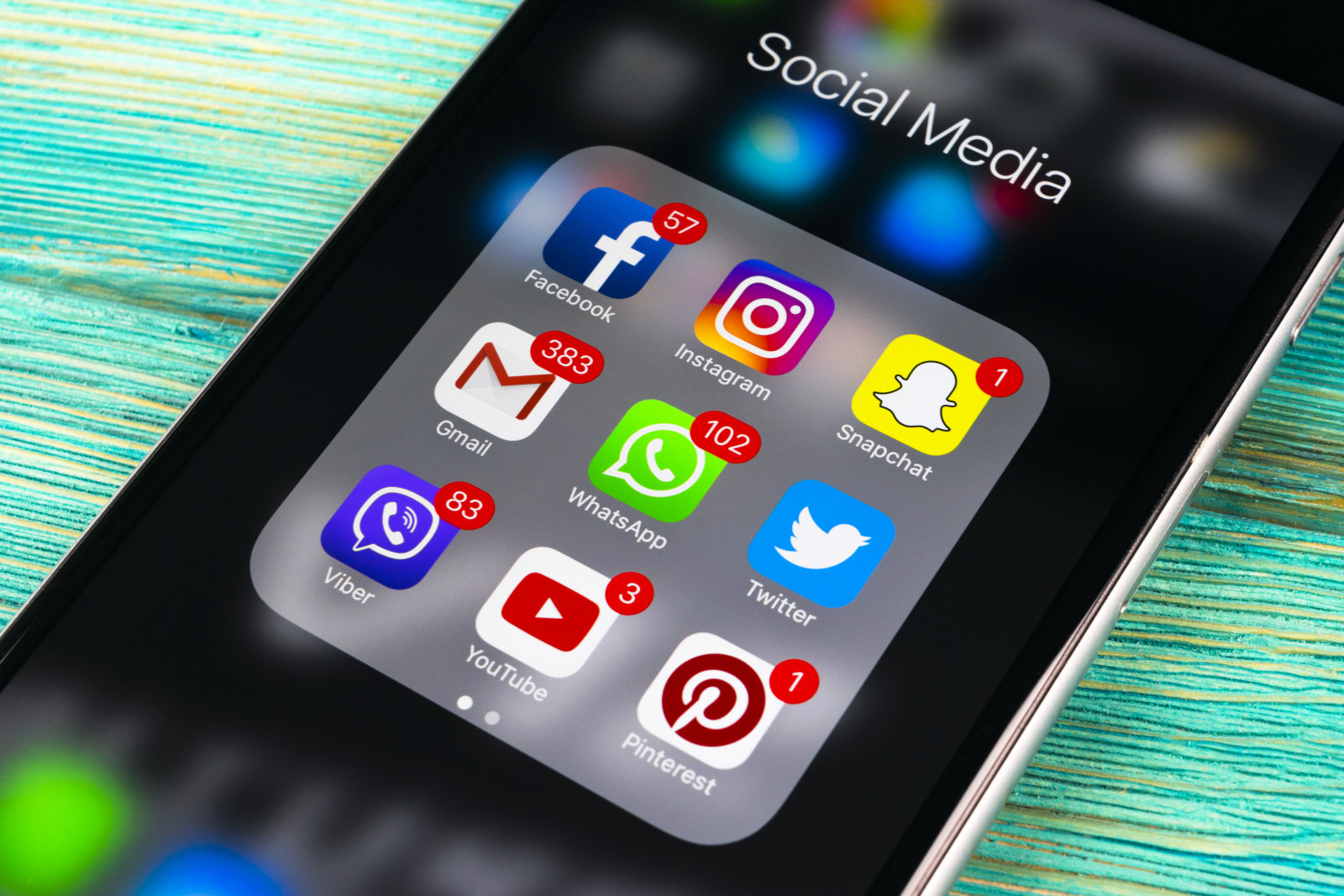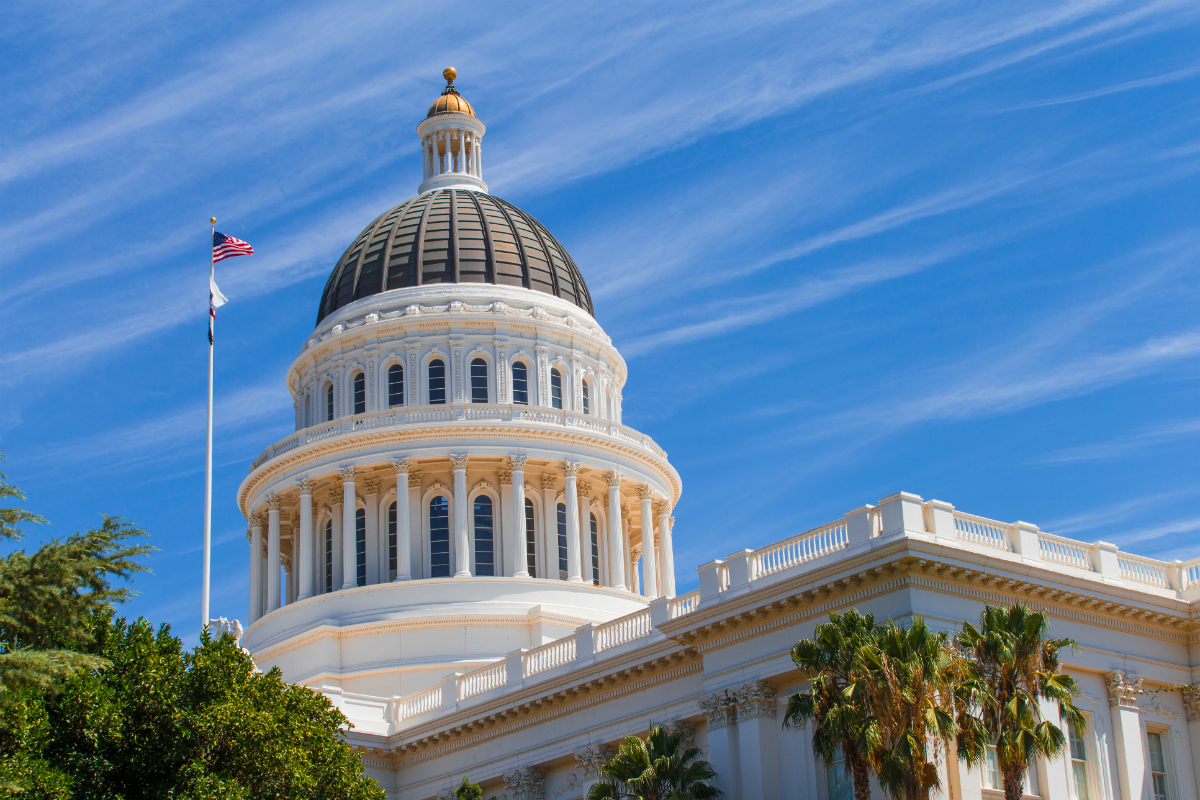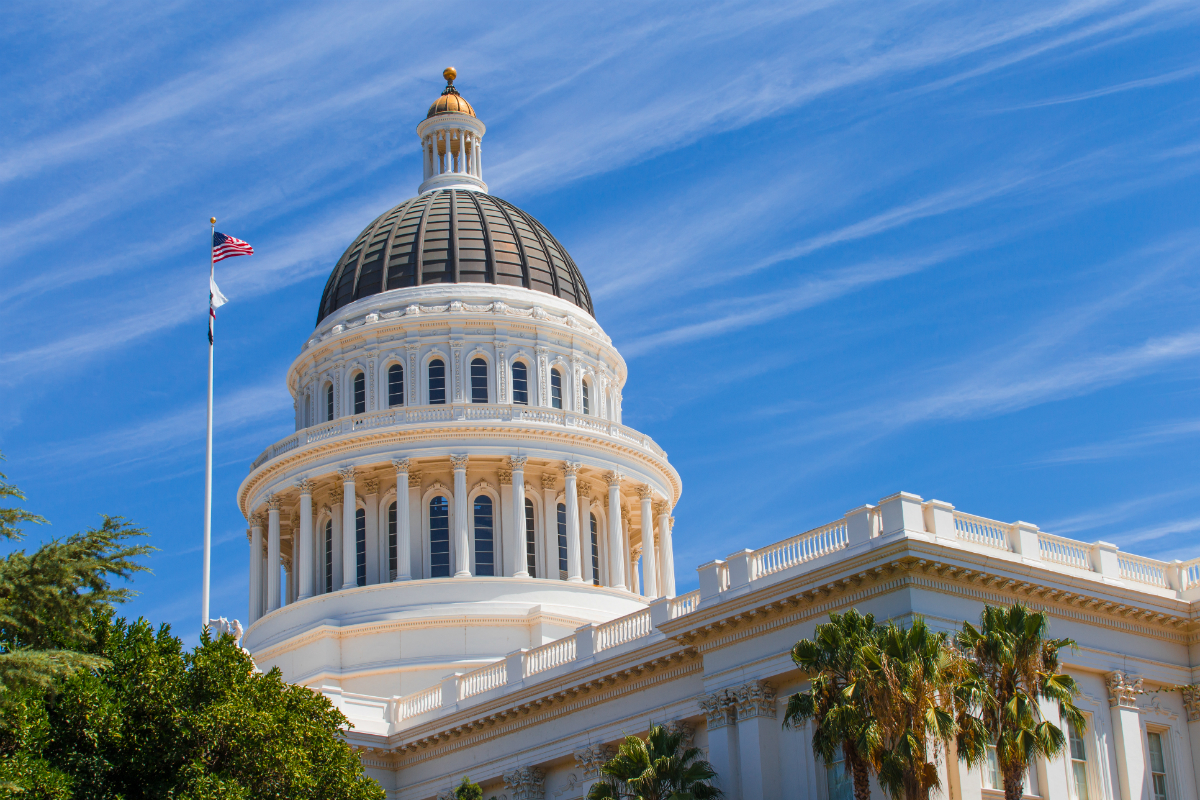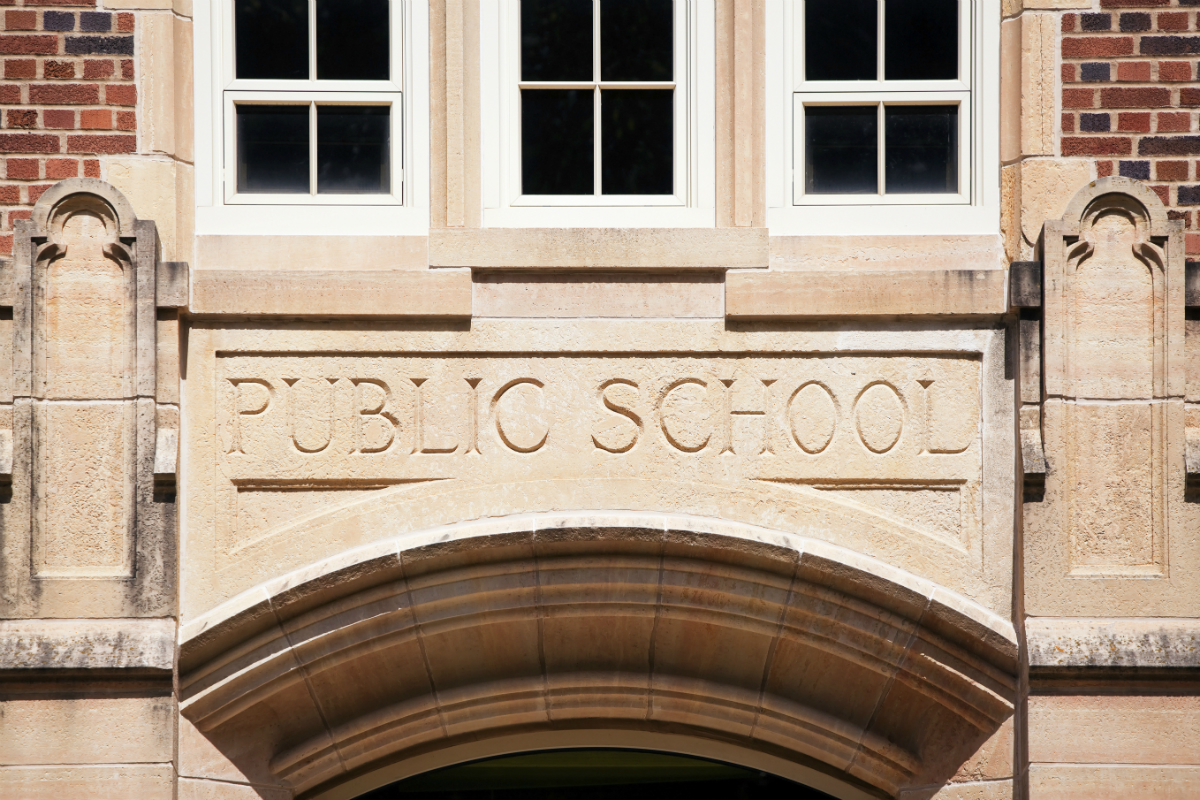Gov. Gavin Newsom on Sept. 18 signed Assembly Bill 992, which amends the Brown Act’s prohibition of serial meetings, to permit certain social media communications. Under the revised law, board members may communicate with their communities via social media, but may not communicate directly with other members of their board on any issue of board business. Even simply “liking” another board member’s post has the potential to create a violation of the Brown Act.
AB 992 amends Government Code section 54952.2 —which prohibits a majority of members of a governing board, outside of a noticed meeting, from using a series of communications to hear, discuss, deliberate or take action on any item of board business — and distinguishes permitted social media communications from those that are prohibited under the Brown Act.
Specifically, the bill allows a board member to communicate with community members via social media, to answer questions, provide information to the public, or solicit information from the public regarding a matter that is within the subject matter jurisdiction of the board. However, the use social media by board members to discuss board business among themselves remains prohibited.
According to AB 992, a board member may not respond directly to any social media communication made, posted or shared by a fellow board member on an issue that is within the subject matter jurisdiction of their board. This prohibition includes the use of digital icons that express reactions to communications made by other members of the board, meaning board members cannot “like” communications on social media by other members of their board that are on matters within the subject matter jurisdiction of the board.
Board members need to be aware of what this means. Generally, a communication between two individual board members, even on a matter within the board’s subject matter jurisdiction, would not constitute a prohibited serial meeting under the Brown Act. However, AB 992 creates different rules for social media communications, by prohibiting a board member from responding directly to another board member’s social media communication regarding a matter that is within the subject matter jurisdiction of their board.
AB 992 defines social media broadly as an online service that is open and accessible to the public free of charge and from which a member of the public may not be blocked from participating except by the social media platform when it determines that the individual has violated the protocols or rules of the social media platform. Such online social media platforms, include Facebook, Instagram, Twitter, etc.





